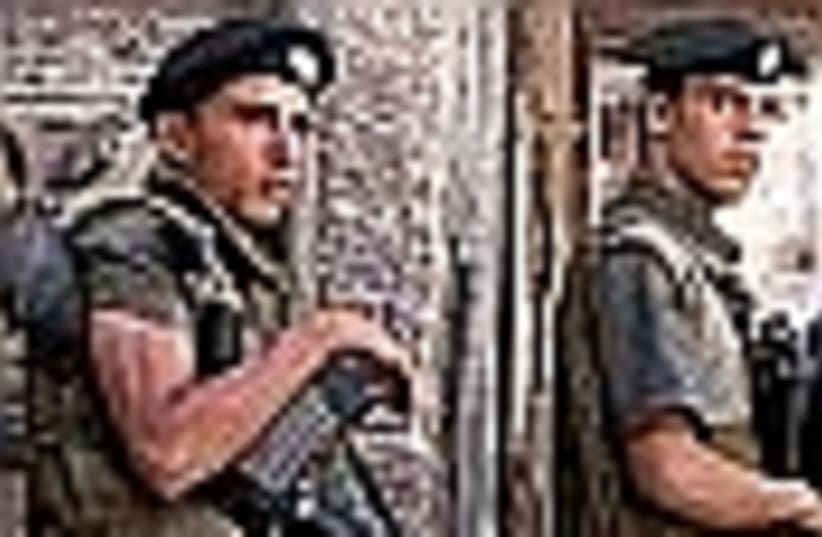| JPOST.COM HIT LIST | |
| JPost.com's most popular articles this past week |
Police prepared for election next week
More than 22,000 police, soldiers will deploy to keep order, prevent attacks.


| JPOST.COM HIT LIST | |
| JPost.com's most popular articles this past week |